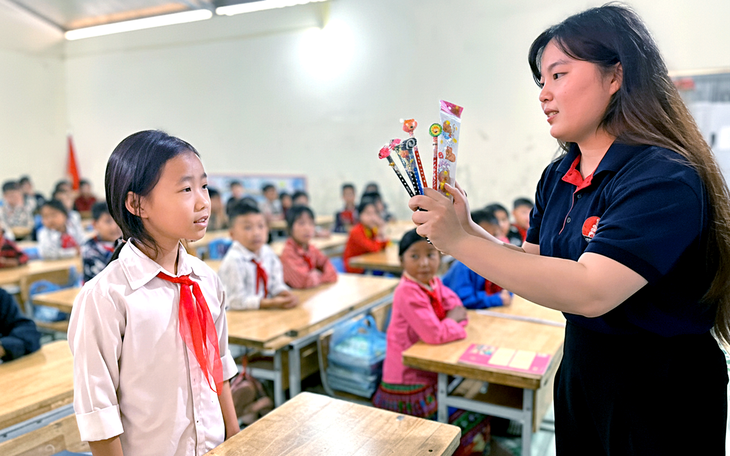
Teachers of Marie Curie Inter-level School, Hanoi in a live class with students in Meo Vac (Tuyen Quang) within the framework of a project to support teaching English to primary school students in Meo Vac - Photo: VINH HA
Author Darren Chua works for a multinational corporation and has many years of experience teaching English in Vietnam.
Tuoi Tre Online introduces this article expressing the author's perspective on "Making English the second language in schools in the period 2025-2035, with a vision to 2045".
Article in English, translated by Nha Xuan:
After 12 years living and working in Vietnam, I have witnessed the country changing rapidly, and Vietnam's new education policy marks a strong step forward.
Making English a compulsory subject from grade 1 and gradually raising it to a second language in schools by 2045 is an ambitious plan with a vision for the future and profound strategy.
The plan reflects Vietnam's desire to integrate more deeply into the global economy and attract more foreign investment.
Building an early foundation in English could make a huge difference for Vietnam’s workforce over the next two decades, equipping the younger generation with the tools they need to thrive in a global environment.
Opportunities ahead and challenges to overcome
This policy can create many positive changes: expanding the demand for English teachers, especially foreign teachers with expertise; promoting the development of educational technology and extra English teaching when parents want their children to learn more outside of class hours.
At the same time, it helps students access global knowledge, research, communication and international business tools; as well as enhance their ability to work globally, especially in areas such as finance, tourism and technology.
Having been an English teacher in Vietnam for four years, I have seen firsthand the eagerness of young people to learn. This policy can help create a generation of professionals who are confident and have a global mindset.
Despite its potential, the policy also faces many challenges: gaps in teacher quality and training, especially in rural areas; disparities in physical facilities between urban and rural schools, including access to technology and textbooks; standardization and uniformity of curricula across the country; and support from parents, especially in non-English speaking households.
In my experience working with Vietnamese colleagues, the urban-rural gap in language proficiency is real. Closing this gap requires long-term investment, innovative solutions and a commitment to equity.
Enhance English in TV shows, music
From there, I think Vietnam can consider making English the language of instruction for some subjects, and at the same time invest in teacher training programs, including scholarships abroad.
At the same time, technology should be used to reach remote areas, creating practice environments such as English clubs or English media platforms.
To accelerate this, Vietnam could partner with large domestic corporations to fund teacher training and resources. They are the companies that could benefit most from a bilingual workforce.
In addition, it is possible to strengthen basic English elements in TV programs, music, etc. to increase accessibility; support parents with tools and instructions to help their children learn English at home; build a monitoring and evaluation mechanism to adjust policies based on actual results.
Finally, let's honor the spirit of multilingualism, so that English only supplements, not replaces, Vietnamese.
I strongly believe that making English compulsory from grade 1 by 2030 would be consistent with our focus on economic growth and modernization.
Vietnam’s English education policy is a visionary move that could shape the country’s future. With thoughtful implementation, an inclusive strategy, and references to successful models such as Singapore, Vietnam has the potential to build a generation of confident, competent, and globally connected citizens.
Refer to the English learning model from Singapore
If I may suggest, I think the Singaporean education system is a model worth looking at for Vietnam. In Singapore, English is used as the language of instruction from kindergarten, appearing every day in all subjects, not just in English class.

Mr. Darren Chua - Photo: NVCC
At the same time, native languages such as Chinese, Malay and Tamil are still taught to preserve cultural identity.
National exams emphasize English skills and when students fail English they often fail the entire grade.
Singapore's success comes from key factors: consistent policies; high-quality teacher training and rigorous standards; a multilingual environment where English is the bridge; and a pragmatic mindset that sees English as a tool for success rather than a threat to national identity.
Singapore's strength is that it embraces English as a unifying language while respecting its cultural roots. It doesn't choose one or the other, it chooses both.
Source: https://tuoitre.vn/tieng-anh-thanh-ngon-ngu-thu-2-bo-sung-chu-khong-thay-the-tieng-viet-20251104172722284.htm







![[Photo] Closing of the 14th Conference of the 13th Party Central Committee](https://vphoto.vietnam.vn/thumb/1200x675/vietnam/resource/IMAGE/2025/11/06/1762404919012_a1-bnd-5975-5183-jpg.webp)
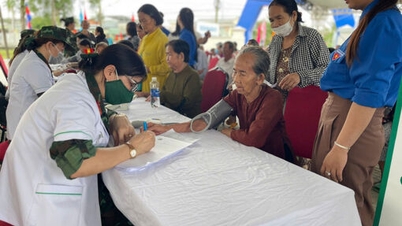



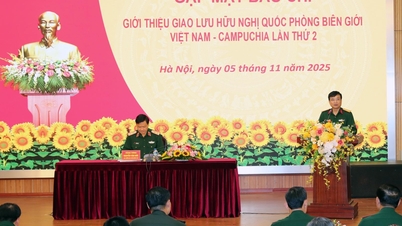



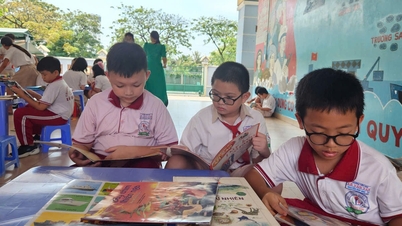

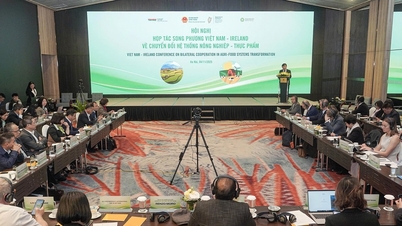




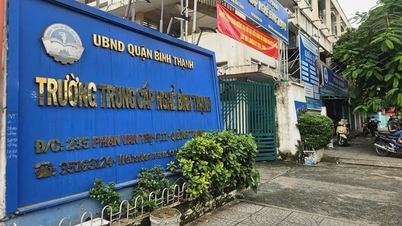

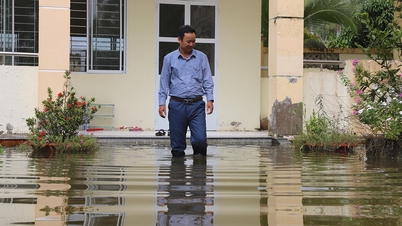







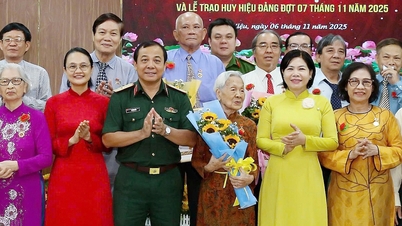



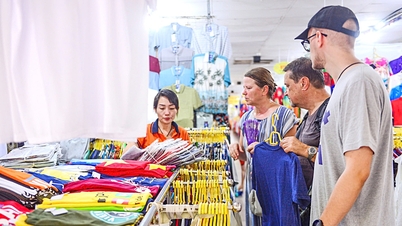





















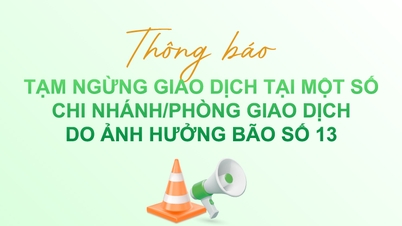

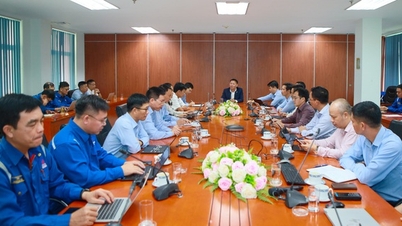



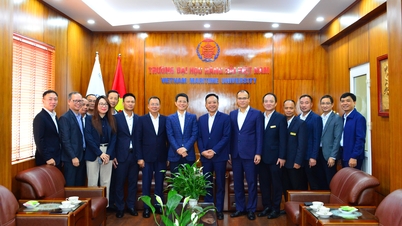











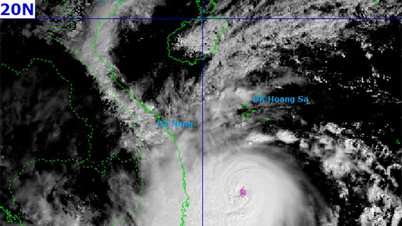



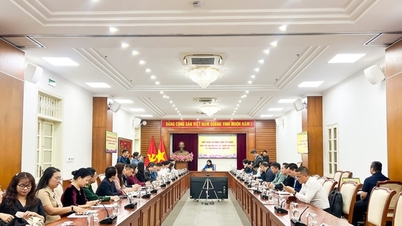




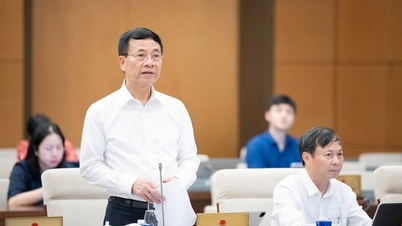



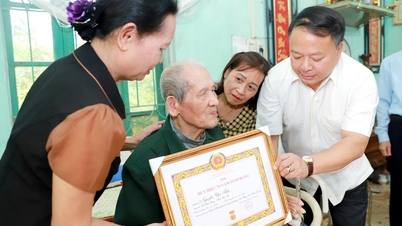



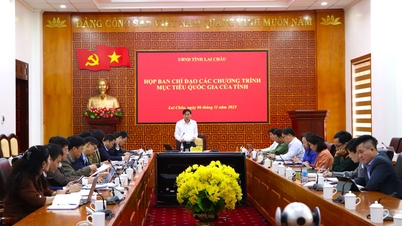
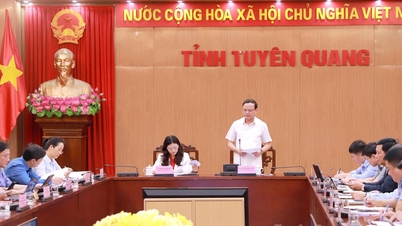
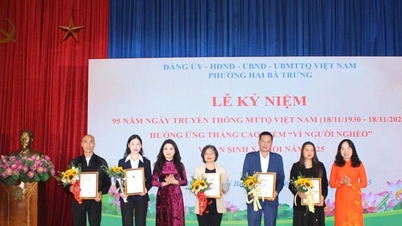















Comment (0)